Why Adoption Fees are Necessary
Budgeting for Pet Adoption
When considering adding a new pet to your family, it’s crucial to factor in the costs associated with pet adoption. Beyond the initial adoption fee, there are various expenses to consider, such as veterinary care, food, supplies, grooming, and training. These ongoing costs add up quickly and require careful budgeting to ensure that you can provide the necessary care and support for your new furry friend.
Creating a comprehensive budget that includes both the one-time adoption fee and recurring expenses will help you assess whether you are financially ready to adopt a pet. It’s important to remember that pets are a long-term commitment, and financial stability is key to providing them with a happy and healthy life. By planning ahead and budgeting responsibly, you can ensure that you are prepared to meet the financial demands of pet ownership and give your new companion the love and care they deserve.
Financial Responsibility of Pet Ownership
One crucial aspect of pet ownership that often gets overlooked is the financial responsibility that comes with bringing a new furry friend into your home. While the initial adoption fees might seem daunting, they actually represent just a fraction of the total cost of caring for a pet throughout its life. From routine veterinary visits and vaccinations to quality food and grooming supplies, the expenses can quickly add up over time.
It’s important for prospective pet owners to consider not only the upfront costs associated with adoption but also the long-term financial commitment required to provide proper care for their animal companion. By budgeting and planning accordingly, individuals can ensure that they are able to meet their pet’s needs for years to come without facing unexpected financial strain. Ultimately, embracing the financial responsibility of pet ownership is a key element in fostering a happy and healthy relationship between humans and their beloved pets.
Community Outreach and Education
Community outreach and education play a crucial role in promoting responsible pet ownership within our communities. By engaging with the public through workshops, seminars, and informational sessions, we can spread awareness about the importance of providing proper care and attention to pets. These initiatives help individuals understand the commitment and financial responsibility that come with owning a pet, ultimately reducing pet abandonment rates and ensuring that animals are placed in loving and stable homes.
Moreover, community outreach efforts serve to debunk common myths and misconceptions surrounding pet adoption. By providing accurate information and guidance, we can encourage potential pet owners to make informed decisions that align with ethical adoption practices. Through education, we can emphasize the significance of adopting from reputable sources and highlight the dangers of supporting animal trafficking and exploitation. Ultimately, by fostering a well-informed and compassionate community, we can work together to advocate for the welfare and proper treatment of all animals.
Promoting Responsible Pet Ownership
Promoting responsible pet ownership is a crucial aspect of ensuring the well-being of animals. By emphasizing the importance of providing proper care, nutrition, and medical attention to pets, individuals can cultivate a sense of accountability towards their furry companions. Responsible pet ownership involves prioritizing the physical and emotional needs of animals, creating a nurturing environment where they can thrive and lead fulfilling lives.
Educating pet owners about the significance of spaying and neutering their pets is another key element of promoting responsible pet ownership. This practice not only helps in controlling the pet population but also contributes to the overall health and behavior of animals. Encouraging pet owners to microchip their pets and ensure they have proper identification also plays a vital role in reuniting lost pets with their families, further underlining the importance of responsible pet ownership.
Promoting Ethical Adoption Practices
Promoting ethical adoption practices is crucial in ensuring that pets are placed in loving and responsible homes. By charging adoption fees, shelters and rescue organizations can help deter individuals who may not be genuinely committed to providing proper care for an animal. This financial investment serves as a filter, ensuring that adopters are willing and able to afford the necessities of pet ownership, such as food, grooming, veterinary care, and training.
Additionally, adoption fees contribute to the overall sustainability of animal welfare organizations, allowing them to continue their important work of rescuing and rehoming pets in need. These fees help cover the costs associated with vaccinations, spaying or neutering, microchipping, and other essential medical treatments that prepare animals for their new homes. Ultimately, promoting ethical adoption practices through reasonable fees not only benefits the animals themselves but also fosters a culture of responsible pet ownership within the community.
Preventing Animal Trafficking and Exploitation
The implementation of adoption fees plays a crucial role in preventing animal trafficking and exploitation. By requiring a fee for adopting a pet, it acts as a deterrent for individuals looking to profit from the illegal trade of animals. This fee helps ensure that those seeking to adopt are genuinely committed to providing a loving and responsible home for the animal, reducing the risk of pets being acquired for malicious purposes or financial gain.
Moreover, adoption fees contribute to the financial support of reputable animal shelters and rescue organizations. These fees enable these organizations to cover the costs associated with caring for animals, including veterinary care, food, shelter, and other necessities. By supporting these organizations financially, adoption fees help combat animal trafficking and exploitation by providing a safe haven for animals in need and promoting ethical adoption practices.
Advocating for Animal Welfare
Advocating for animal welfare is a crucial aspect of promoting ethical adoption practices and ensuring the well-being of pets. By advocating for the welfare of animals, we strive to create a society that values and respects all living creatures, including our furry companions. This involves raising awareness about the importance of proper care, treatment, and respect for animals of all kinds.
Through advocating for animal welfare, we can work towards preventing animal trafficking and exploitation while also promoting responsible pet ownership within our communities. By fostering a sense of compassion and empathy towards animals, we can create a safer and more caring environment for both pets and humans alike. It is through our advocacy efforts that we can strive to make a positive impact on the lives of animals and promote a more humane society for all.
Ensuring Proper Care and Treatment for Pets
When it comes to ensuring proper care and treatment for pets, adoption fees play a crucial role. These fees help cover the cost of veterinary care, including vaccinations, spaying or neutering, and any necessary medical treatments. By requiring an adoption fee, shelters and rescue organizations can ensure that pets are healthy and ready for their new homes.
In addition to covering medical expenses, adoption fees also contribute to providing food, shelter, and daily care for animals in need. This financial support enables shelters to maintain a high standard of care, ensuring that pets receive adequate nutrition, comfortable living conditions, and enrichment activities. Ultimately, adoption fees help guarantee that pets are well-cared for and given the best chance at a happy and healthy life with their new families.







